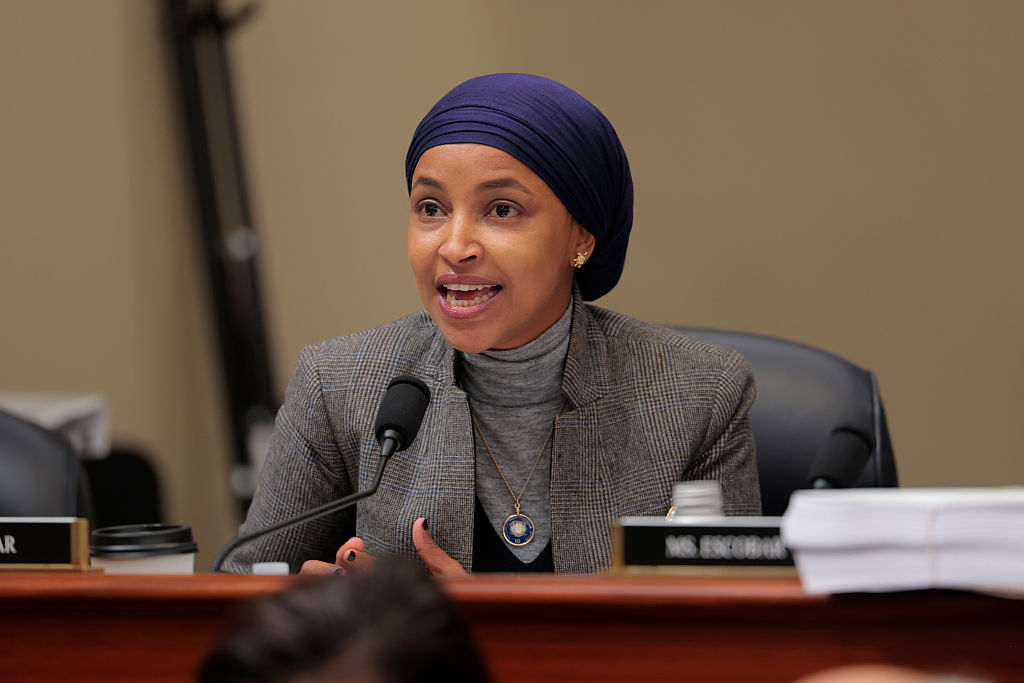Can Paying For Grades Help No Child Left Behind?
CNN’s recent “Black in America” captivated a nation still grappling with how race is lived in America. The series featured many of the most prominent “talking heads”—scholars, journalists, college presidents and preachers—in the Black community. If there was one of these figures that stood out, it was Harvard economist Roland Fryer.
Though “Black in America” was short on solutions to all that ails us, it was Fryer who offered up one of the most provocative responses. He suggested that students should be paid for good grades to counter the so-called achievement gap between whites and blacks in schooling.
As the Chief Equity Officer in New York City’s Department of Education, Fryer is in a unique position to make this claim. He has implemented such a plan in several New York City public schools at the behest of Schools Chancellor Joel L. Klein and Mayor Michael Bloomberg. Under his program, forth and seventh graders will be paid up to $250.00 and $500.00, respectively, for earning high grades on standardized test.
Why pay our kids to do what is nominally expected of them? Criticism of the program have ranged from “there is no price tag for the love of learning” to “it’s common sense for students to earn good grades in order to better their opportunities in life.”
But common sense doesn’t take into account the realities of life in the era of “No Child Left Behind.”
“No Child Left Behind” legislation, one of the cornerstone’s of George W. Bush’s 2000 presidential platform, links schools’ performance with funding. The most critical component of “No Child Left Behind” is a series of standardized tests that are used to assess teacher productivity and student achievement. Schools that meet required assessment levels can expect continued funding; schools that don’t find themselves scuffling for resources.
While most Americans regardless of race, class and ethnicity are concerned with accountability in our schools, there are real questions as to whether “No Child Left Behind” is actually doing more harm to our children, particularly black children.
Professor Theoni Soublis Smyth, for example, addresses some of these concerns in her recent article “Who is No Child Left Behind Leaving Behind?” “High stakes testing,” she argues, “is forcing instruction to change from exploratory, lifelong learning to teaching to the test through drill and kill.”
“Tests have turned into the objective of classroom instruction rather than the measure of teaching and learning,” she says. In short, aspects of intuitive learning and critical thinking have been largely replaced by testing drills focused on students achieving the highest grades possible on required standardized exams.
Of course these tests have real implications with regards to the quality of public schools and the ability of our children to be promoted. And what truly can’t be ignored is that we are now witnessing the new reality of public schooling in this country. That reality includes three important shifts.
First, legislators and elected officials are highly motivated to show constituents that they are holding the system accountable. Second, “No Child Left Behind,” is a bottom-line rationale for spending less on public schooling. And finally, in this new era testing has become a multibillion-dollar industry.
Rather than closing the achievement gap, “No Child Less Behind, widens it.
When the smoke clears, it all boils down to test preparation and incentives. More affluent parents have the advantage of being able to pay for tutorial services and other test preparation efforts. Likewise, when their children lack self-motivation, they can provide those incentives in the form of a new Ipod, Nintendo DS, X-Box, or cash. And no one ever begrudges the right for those parents to reward their children for good grades.
However we feel about “pay for grade,” Fryer’s logic cuts to the chase of this new era of American public school education. Simply put, kids across the board—economically disadvantage students in poor schools too—who have real incentives to score better on standardized test will produce better test results.
I, for one, commend Fryer for this attempt to level the playing field. His approach may be troubling. But it’s certainly an innovative approach to address an achievement gap between black and white kids, made even more dramatic because of “No Child Left Behind.”
Mark Anthony Neal is Professor of African-American Studies at Duke University and a Visiting Scholar at the Annenberg School of Communication at the University of Pennsylvania. He is also the author of four books, including the recent New Black Man.















